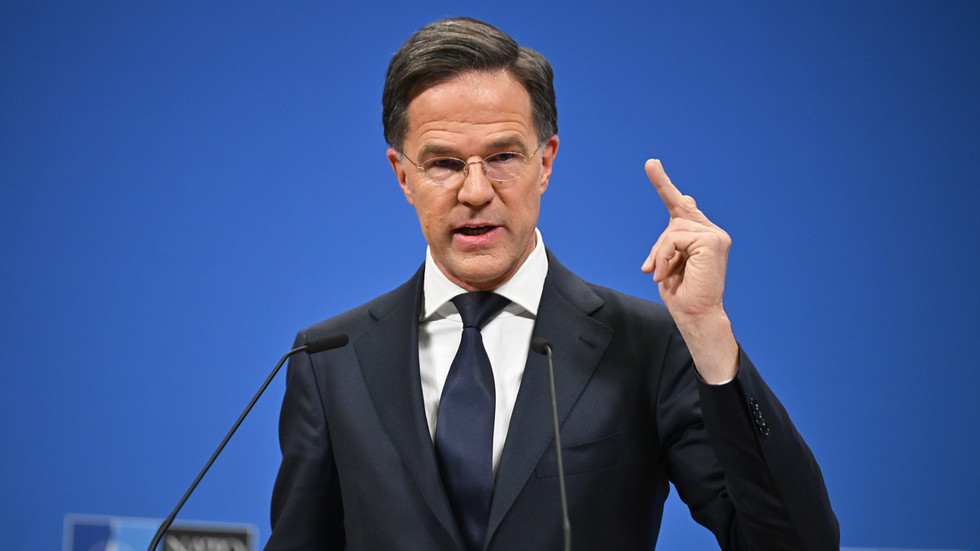
Deepseek
, which has reputed its name for being the security concerns for many countries, is once again has been surrounded by the controversies and this time it is from Uyghurs.
As people are shocked to see a drastic rise to American counterpart ChatGPT, the regulators had raised its concerns regarding the safety and security of China's Deepseek. Amidst these concerns, Uyghurs claimed that Deepseek has been introduced to eliminate their existence from historical records. The 12 million Uyghurs in Xinjiang are facing alleged genocide.
"The Chinese government is trying to erase the Uyghur people by employing AI to mislead the public," Rahima Mahmut, who left China in 2000, told The Independent.
Mahmut has lost contact with her family for eight years and discovered her brother's two-year confinement in a mass-internment facility. Her concerns were well-founded.
The self-proclaimed "world-leading AI assistant" was created to provide "helpful and harmless responses" and has achieved over three million downloads globally.
When questioned about
Uyghur genocide
, the system responded by calling it a "severe slander of China's domestic affairs" and "completely unfounded".
"We firmly oppose any country, organisation, or individual using so-called human rights issues to interfere in China's internal affairs," it said.
For Mahmut, "so-called human rights issues" involved leaving her hometown of Ghulia after witnessing widespread arrests of neighbours and friends in 1997.
She was fleeing Beijing's "strike hard" campaign, which resulted in thousands of arrests and executions in response to increasing separatist activities across Xinjiang. Subsequently, the US, UK, Canada and Netherlands have declared China's actions in the region, home to millions of predominantly Muslim Uyghurs, as genocide.
These declarations followed reports documenting China's forced sterilisation of women, operation of internment camps, and separation of children from their families. In 2018, a UN human rights committee reported that China was detaining up to a million people in "counter-extremism centres" in the northwestern province.
Dr Adrian Zenz, an authority on Beijing's Xinjiang policies, stated China's aim was to "eradicate" the Uyghurs as an ethnic group and suppress their independence aspirations. "They are culturally and religiously very different to the rest of China, they are a Turkic people, not Chinese, which is a problem for Beijing", Dr Zenz told The Independent.
During the 1990s, Uyghurs observed their Turkic neighbours like Kyrgyzstan and Kazakhstan achieve independence from Moscow after the Soviet Union's collapse.
This sparked nationalist sentiment across Xinjiang, with Uyghurs discussing increased autonomy from Beijing, according to Dr Zenz.
"This spooked the Chinese authorities, so they started to crack down on Uyghur society," he said. Initial measures included closing mosques, detaining religious leaders and introducing large numbers of Han-Chinese workers to Xinjiang.
China has justified the campaign and ongoing restrictions as necessary measures against terrorism and Islamic fundamentalism.
DeepSeek endorsed this view, stating China was dedicated to "social harmony" and "sustained development" in Xinjiang.

 3 hours ago
2
3 hours ago
2








